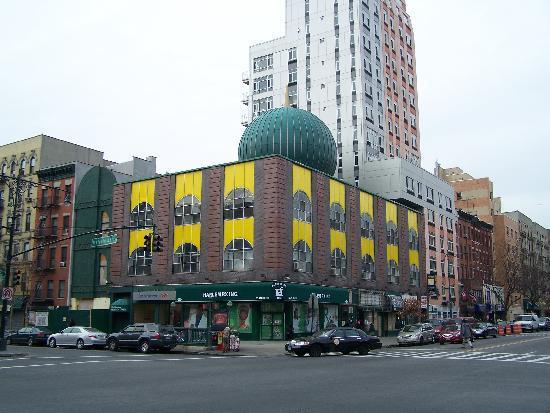Event
Black Muslim Cosmopolitanism: The Global Character of New York City’s Black Muslim Movements, 1936-1990
Presenter: Rasul Miller, PhD Candidate in History & Africana Studies

Discussant: David Kofi Amponsah, Assistant Professor, Africana Studies
Sign up here!
Breafast treats, coffee, and tea in the URBS space, Room 130 McNeil!
This dissertation examines Black American orthodox Muslims’ engagement with Islam in Africa during the twentieth century. In the 1930s, growing numbers of Black Americans in urban centers of the U.S. embraced Islam. Their interest in African Diasporic pasts and pan-Africanism fueled their desire to build connections with Islamic communities and scholarly genealogies beyond the nation’s boundaries. The urban environment of New York City nurtured such connections and influenced Black Muslims’ theological orientations. These communities engaged discourses of Black and Muslim Internationalisms, reflecting the global character of the city. As a result, they prioritized building solidarities with Muslim immigrants in the U.S. and Muslims abroad — especially those from and on the African continent. This led to the emergence of a unique cultural and sociopolitical disposition that I term Black Muslim cosmopolitanism, which reinforced Black American Muslims’ ability to imagine themselves within a global context. I argue that New York City’s Black American orthodox Muslims actualized their notions of global citizenship through travel, religious education, and historical inquiry, and that they engaged and reconfigured the doctrinal articulations and religious practices of Muslims in places like Senegal, Egypt, and Sudan to construct approaches to Islam uniquely suited to meet the needs of Black communities in the urban U.S. My dissertation thus provides insight into how religious identities and political imaginaries are mutually constituted, and contributes to our understanding of the emergence of alternative modalities of cosmopolitanism during the twentieth century.
